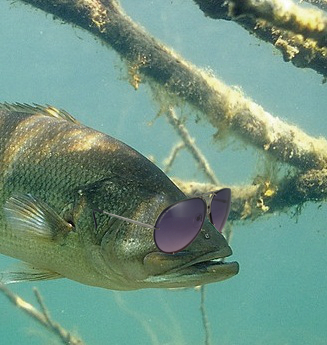Kyneton project hits milestones
 Millions have been spent on a project to improve water quality and catchment health in Victoria.
Millions have been spent on a project to improve water quality and catchment health in Victoria.
The $2.1 million Kyneton Offsets Project incorporates 14.3 kilometres of environment improvement works along Post Office Creek and the Campaspe River in Kyneton.
The project works include:
-
removal of willow trees, blackberry, hawthorn and other weeds
-
revegetating 14.3 kilometres of river frontage with native trees and shrubs
-
installing 13.1 kilometres of fencing to keep livestock out of the waterway
-
installing off-stream watering systems as an alternative water source for livestock
-
supplementary replanting, weed control and revegetation watering
-
21 hectares of river frontage has been revegetated as part of the project, using native trees and shrubs
Weed removal and revegetation works were carried out by local contractors, Platypus Environmental Service and Djandak, a business enterprise owned by the Dja Dja Wurrung Clans Aboriginal Corporation.
Unlike most other vegetation, willows spread their matted roots across the stream bed smothering habitat favoured by platypus.
They also drop large amounts of rotting leaves during autumn. These leaves leach chemicals including cyanidins and delphinidins into the water that has a detrimental impact on water quality and therefore waterbugs and native fish.
Additionally, experts have been brought from the Aquatic Environmental Stress Research Group (AQUEST), an independent research division of RMIT University, to assess the environmental benefits of the project.
AQUEST is undertaking river health monitoring annually over a five-year period (2018-2023), targeting periods when the Campaspe River is flowing.
Ten new sampling sites have been identified in the Campaspe catchment for this study, from Carlsruhe to Redesdale.
More details are accessible here.








 Print
Print